Laurel Hamers
Laurel Hamers was the general assignment reporter at Science News.

Trustworthy journalism comes at a price.
Scientists and journalists share a core belief in questioning, observing and verifying to reach the truth. Science News reports on crucial research and discovery across science disciplines. We need your financial support to make it happen – every contribution makes a difference.
All Stories by Laurel Hamers
-
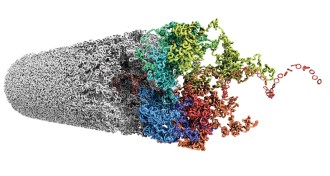 Life
LifeHere’s how cells rapidly stuff two meters of DNA into microscopic capsules
Scientists have figured out how cells quickly pack up their chromosomes before a cell divides.
-
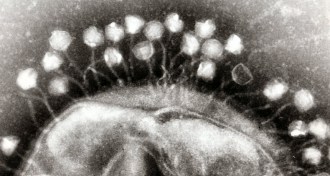 Genetics
GeneticsScientists find 10 new defense systems used by bacteria
Scientists identify 10 groups of genes that appear to govern defense systems used by bacteria against virus attacks.
-
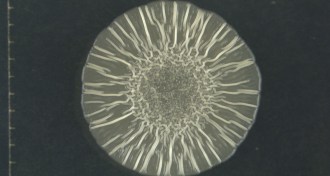 Microbes
MicrobesThe secret to icky, sticky bacterial biofilms lies in the microbes’ cellulose
Bacteria use a modified form of cellulose to form sticky networks that can coat various surfaces.
-
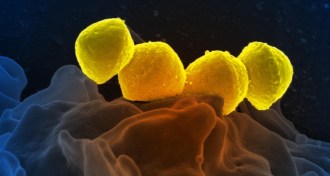 Health & Medicine
Health & MedicineNot all strep infections are alike and it may have nothing to do with you
Add-on genes in some bacteria shape the way strains interact with the immune system.
-
 Climate
ClimateWarming ocean water is turning 99 percent of these sea turtles female
Green sea turtle populations in part of the Great Barrier Reef are becoming increasingly female due to higher ocean temperatures.
-
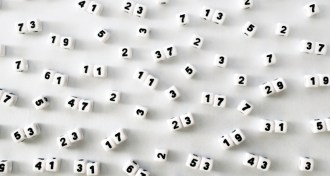 Math
MathThe largest known prime number has 23 million-plus digits
A newly found prime number smashes the previous record for largest prime.
-
 Oceans
OceansCorals are severely bleaching five times as often as in 1980
Corals are now bleaching more frequently and severely than they were in the early 1980s.
-
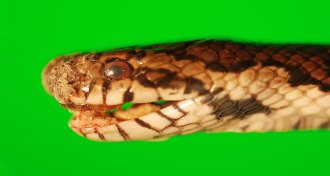 Life
LifeA deadly fungus is infecting snake species seemingly at random
A fungal disease doesn’t appear to discriminate among snake species, suggesting many of the reptiles may be at risk.
-
 Animals
AnimalsSpecialized protein helps these ground squirrels resist the cold
A less active cold-sensing protein explains, in part, why some hibernating ground squirrels are more tolerant of chilly conditions than the animals’ nonhibernating kin.
-
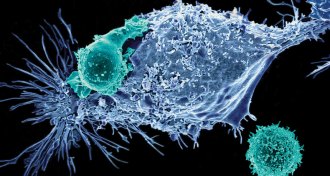 Health & Medicine
Health & MedicineApproval of gene therapies for two blood cancers led to an ‘explosion of interest’ in 2017
The first gene therapies approved in the United States are treating patients with certain types of leukemia and lymphoma.
-
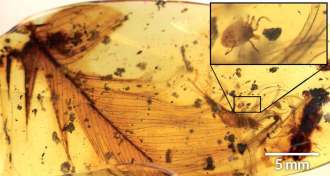 Animals
AnimalsTicks had a taste for dinosaur blood
A tick found trapped in amber is evidence the bloodsuckers preyed on feathered dinosaurs, a new study says.
-
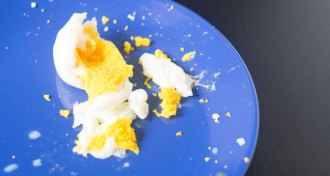 Physics
PhysicsMicrowaved, hard-boiled eggs can explode. But the bang isn’t the worst part.
Microwaved eggs can explode with a loud, but probably not ear-splitting, bang when pierced.